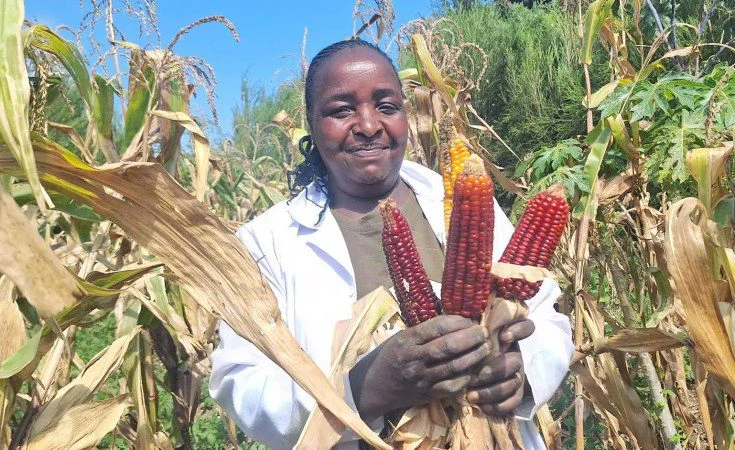In the verdant highlands of Kenya, a quiet revolution is taking root. Far from the bustling streets of Nairobi, agricultural cooperatives are transforming the lives of small-scale farmers and reshaping the country’s agricultural landscape. These nonprofits and social enterprises are not just cultivating crops; they’re nurturing communities, empowering women, and planting the seeds of sustainable economic growth.
The Rise of Agricultural Cooperatives
For decades, Kenya’s small-scale farmers have grappled with numerous challenges: limited access to markets, fluctuating prices, and the ever-present threat of climate change. Enter the agricultural cooperative model – a beacon of hope in an often-unpredictable industry.
“Cooperatives give farmers a voice and bargaining power,” explains Dr. Amina Osman, an agricultural economist at the University of Nairobi. “By pooling resources and knowledge, these organizations are able to achieve what individual farmers cannot.”
One such success story is the Meru Central Dairy Cooperative Union. Founded in 1983, it now boasts over 100,000 members and has become a cornerstone of the local economy. The cooperative not only provides a reliable market for farmers’ milk but also offers training in modern dairy farming techniques, access to affordable veterinary services, and low-interest loans.
Beyond Economic Empowerment
While the economic benefits of cooperatives are clear, their impact extends far beyond the balance sheet. These organizations are increasingly focusing on social and environmental sustainability, recognizing that true prosperity cannot come at the expense of the community or the planet.
The Machakos Cooperative Union, for instance, has implemented an innovative program that encourages farmers to adopt climate-smart agricultural practices. By promoting techniques such as water harvesting and agroforestry, the cooperative is helping its members adapt to changing weather patterns while simultaneously improving soil health and biodiversity.
“We’re not just farmers; we’re stewards of the land,” says Jane Mutua, a member of the Machakos Cooperative. “The cooperative has taught us that our success is tied to the health of our environment.”
Women at the Forefront
Perhaps one of the most significant impacts of agricultural cooperatives in Kenya has been their role in empowering women. In a sector traditionally dominated by men, cooperatives have provided women with unprecedented opportunities for leadership and economic independence.
The Women’s Horticultural Cooperative in Kiambu County is a shining example of this transformation. Started by a group of 15 women in 2010, it now has over 500 members and has become a major supplier of fresh produce to supermarkets in Nairobi.
“Before joining the cooperative, I was just a housewife,” recounts Sarah Wanjiru, the cooperative’s chairperson. “Now, I’m a business owner, a community leader, and a role model for my daughters. The cooperative has given us more than an income – it’s given us dignity and respect.”
Challenges and the Road Ahead
Despite their successes, agricultural cooperatives in Kenya face numerous challenges. Limited access to capital, inadequate infrastructure, and the need for more robust governance structures are just a few of the hurdles these organizations must overcome.
Moreover, as climate change continues to pose a significant threat to agriculture, cooperatives must stay ahead of the curve in terms of adaptation and mitigation strategies.
“The future of Kenyan agriculture lies in innovation and collaboration,” asserts Dr. Osman. “Cooperatives need to embrace technology, forge partnerships with research institutions, and continue to prioritize sustainable practices.”
A Model for Africa
As Kenya’s agricultural cooperatives continue to evolve and thrive, they offer valuable lessons for other African nations grappling with similar challenges in their agricultural sectors.
From Ethiopia’s coffee cooperatives to Ghana’s cocoa farmer associations, the cooperative model is gaining traction across the continent. By providing a framework for collective action, these organizations are not just improving livelihoods; they’re fostering a sense of community ownership and pride.
In the face of global challenges such as food security, climate change, and rural poverty, Kenya’s agricultural cooperatives stand as a testament to the power of grassroots organization and collective action. As these nonprofits and social enterprises continue to grow and adapt, they’re not just changing the face of Kenyan agriculture – they’re sowing the seeds of a more sustainable and equitable future for all of Africa.




















